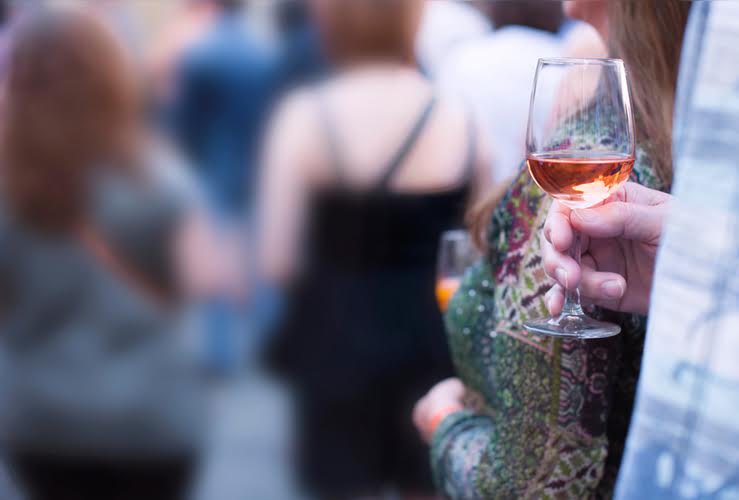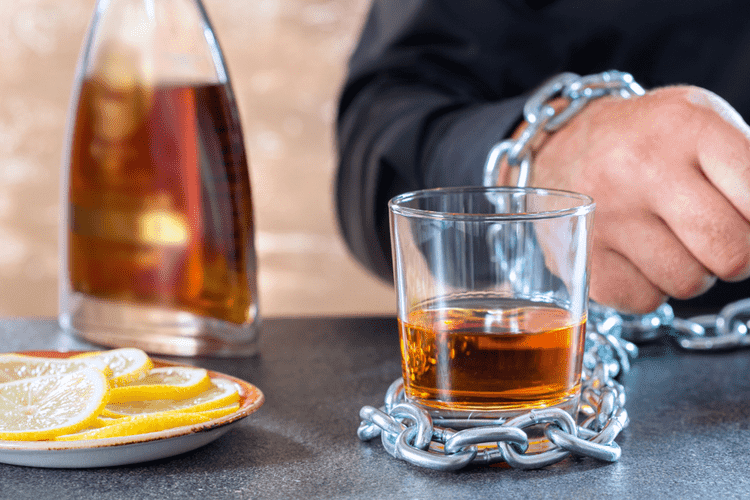Legislation in 2014 created voluntary certification of Massachusetts sober homes, and MASH began managing voluntary statewide sober home certification in 2016. Mental Health Association, Springfield, $22,850
Grant funding will help fund an in-house recovery specialist for nights and weekends at an affordable sober home for eight men in Springfield. Self Esteem Boston Educational Institute, Boston/Lynn/Springfield, $30,500
Grant funds will support delivery of Statewide Women’s Self Esteem Life Skill Development Programs with expanded online aftercare support for women and families. Dismas House of Massachusetts, Inc., Worcester, $25,000
Grant funds will help support the creation of three fellowship positions for live-in, supportive staff at Dismas Family Farm, a sober housing campus and working farm in Oakham.

Jeremiah’s Inn, Worcester, $75,000- Grants funds will help acquire and rehabilitate a multi-family house to create 20 new units of sober housing for men in Worcester. Everyone in recovery has the right to safe and livable housing in Massachusetts, whether you are looking to rent or own, or to live in certified sober housing. In any phase of recovery, housing is important in making a person feel safe and connected to their community. You have rights and protections through all stages of getting and keeping your housing. Dismas House, Oakham, $125,000
Grant funding will help construct six new affordable housing units for families and individuals.
Massachusetts Association of Sober Homes
“Pennrose is honored to be entrusted by the Hyde Square Task Force to preserve this incredible historic asset with them and to create performance space for the community that fulfills their mission. South Middlesex Non-Profit Housing Corporation, Framingham, $51,675- MassHousing grant funds will help rehabilitate and preserve 11 single-room occupancy (SRO) units for young men in recovery. The Mental Health Association (MHA) will be receiving $57,420 to renovate and preserve 15 units of single room occupancy (SRO) housing for men and women in Westfield and Springfield. Victory Programs, Inc., Boston, $25,000
Grant funds will be used for startup costs for the Victory Connector, a new program to provide services for individuals at Massachusetts Avenue and Melnea Cass Boulevard in Boston. RIZE Massachusetts is an independent nonprofit foundation working to end the opioid epidemic in Massachusetts and reduce its devastating impact on people, communities, and our economy.
- The ALC has developed a commonsense approach to recovery with resident housing and the ALC Day Treatment Program.
- Mental Health Association, Holyoke, $28,837
Grant funds will support renovations to preserve 16 units of sober housing for LGBTQ+ individuals in Holyoke. - Sober homes support various abstinence-based pathways to recovery, and each residence focuses on one or more particular pathway.
- In accordance with this requirement, MASH serves as the primary agency for accountability of all certified homes in Massachusetts.
- MASH-certified sober homes are governed by standards that address safety from an administrative, operational, property, and “good neighbor” perspective.
Mental Health Association, Springfield, $11,500
Grant funding will support renovations to preserve 10 units of existing sober housing for women in Springfield. You can come to our facility after you’ve been medically stabilized completing a detox or CSS treatment facility. Our welcoming, comforting environment is designed to put clients at ease and help people return to their regular routine in a safe, healthy way. The ALC has developed a commonsense approach to recovery with resident housing and the ALC Day Treatment Program.
Finding a Sober House in Massachusetts
Are you looking for a safe, clean and sober environment to live in somewhere in the state of Massachusetts? Sober living environments such as sober houses and halfway houses are conveniently located throughout the state of Massachusetts in most major cities including Boston and Cambridge as well as smaller areas such as Plymouth, Brockton and Braintree. If you or someone you know has recently tried to quit using drugs https://trading-market.org/most-people-with-alcohol-and-drug-addiction/ or alcohol and needs a clean and sober environment to live in and continue their recovery, sober living may be the next ideal step down recovery lane. It is a feeling.” Our certified sober homes take pride in offering a home-like environment that supports recovery. Certified sober homes have comfortable spaces for living, sleeping, and engaging with peers, all of which make them valuable and safe spaces for recovery.
Sober homes provide mutual support, emphasize independent living skills, and depend on peer leadership. Residents of sober homes are expected to abstain from alcohol and drug use, other than prescribed medications, and to refrain from prescription misuse. MASH-certified sober homes are governed by standards that address safety from an administrative, operational, property, and “good neighbor” perspective. All MASH-certified sober homes are required to have comfortable living space, with a common living area, designated living and sleeping areas that meet our requirements for square footage, bathrooms that accommodate the home’s maximum capacity. MASH-certified sober homes must also offer a peer-based environment and be drug- and alcohol-free. Effective September 1, 2016, state agencies and their vendors are only able to refer clients to certified alcohol and drug-free (ADF) housing.
Governor Maura Healey and Lt. Governor Kim Driscoll
NamaStay Sober Yoga, Boston, $40.000
Grand funds will support the expansion of yoga and wellness classes to additional recovery centers and sober living homes. Housing Support, Inc., Newburyport, $75,000
MassHousing grant funds will help create eight new, fully accessible housing units for men and women, on an existing sober housing campus in Amesbury. To date, CCRI has awarded more than $15.5 million in grants for the creation or preservation of nearly 3,000 units of substance-free housing, in 54 communities, serving recovery populations that include men, women, families, veterans, and the LGBTQ+ community. GAAMHA, Inc., Gardner, $75,000- Grant funds will help acquire and renovate a large house and farm property to create 16 units of sober housing for men in Gardner. Victory Programs, Boston, $14,569- Grant funds will help renovate and preserve 25 units of sober housing for men in recovery in Dorchester. Our mission is to support persons in recovery from addiction by improving their access to quality recovery residences through standards, support services, placement, education, research and advocacy.
SEMCOA, Inc., and High Point, New Bedford, $200,000
Grant funds will be used help acquire property to create four new units of sober housing for women and children in New Bedford. MASH serves as the primary agency for accountability of all certified homes in Massachusetts. Casa Esperanza, Boston, $20,682
Grant funds will help support the renovation of 14 units of sober housing for women and their children in Boston. “Having an affordable place to live and available supportive services Learn What Spiritual Malady Is And The Role It Plays In Your Recovery are critically important for people who are trying to overcome substance misuse,” said MassHousing Executive Director Chrystal Kornegay. “CCRI helps serve some of our state’s most vulnerable residents and MassHousing is pleased to support these nonprofit organizations who work every day to help people overcome addiction and improve their lives.” Adult & Teen Challenge, Worcester, $30,000
Grant funds will support an expansion to create 33 new units of sober housing for men in Worcester.
The Center for Community Recovery Innovations, Inc., issues an annual Request for Proposals (RFP) to solicit projects for funding. The proposals that are selected need to meet CCRI’s current priorities and eligibility categories. The grants are typically used as one-time gap funding for capital projects that increase or improve the stock of affordable sober housing in Massachusetts. Other proposals that provide services for residents in MassHousing-financed rental housing, specifically those that address alcohol and/or drug abuse or addiction, are also considered for funding.
Sober homes support various abstinence-based pathways to recovery, and each residence focuses on one or more particular pathway. All MASH sober homes meet national standards based on the National Alliance for Recovery Residences (NARR) model. Gandara Center, Springfield, $14,000
Grant funds will help renovate eight units of affordable sober housing for men at Miracle House in Springfield. To date, CCRI has awarded more than $13 million in grants for the creation or preservation of more than 2,700 units of substance-free housing, in 54 communities, serving recovery populations that include men, women, families, veterans, the homeless and ex-offenders.


